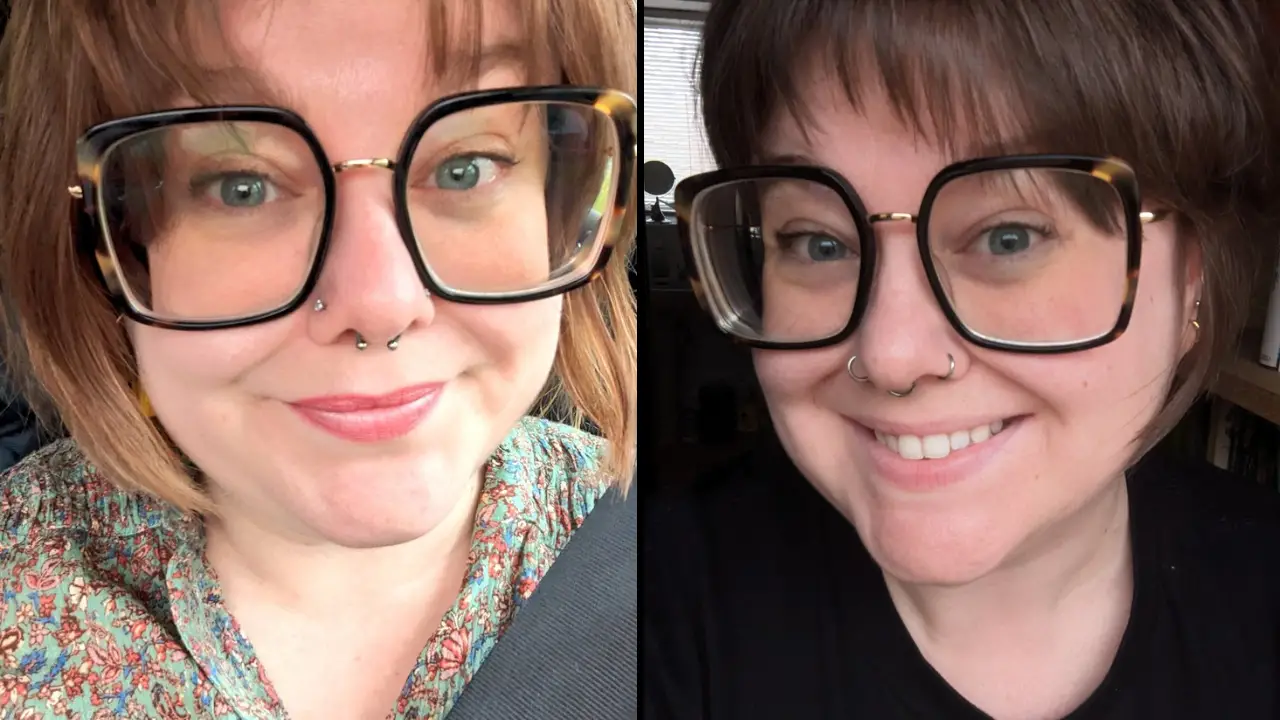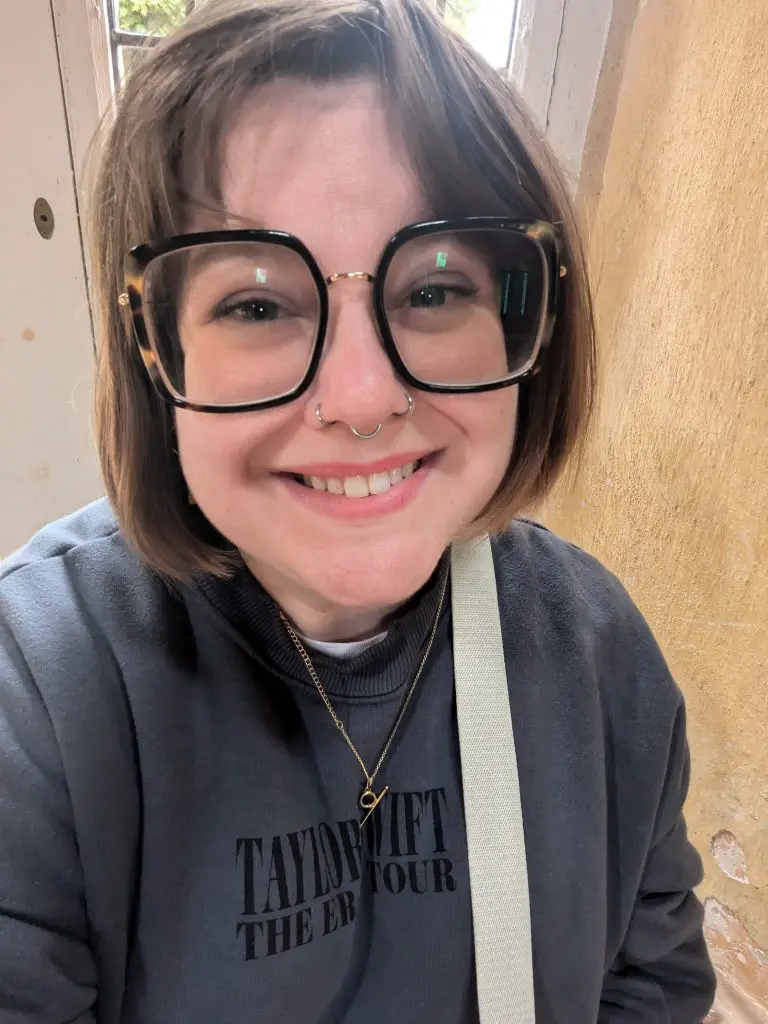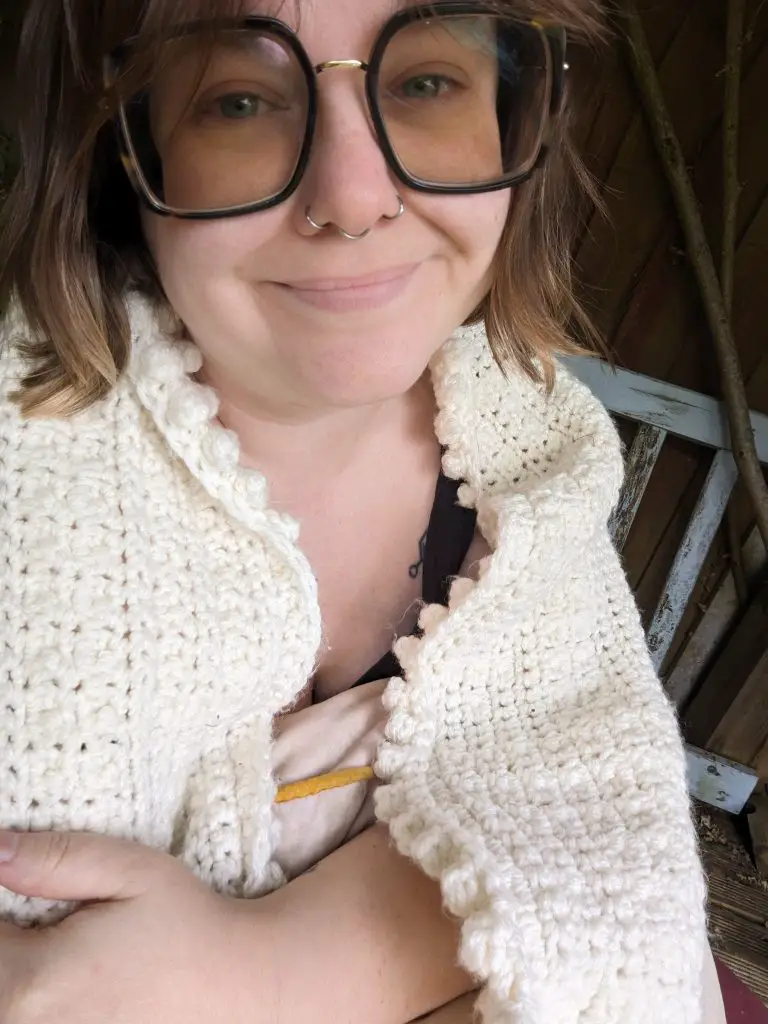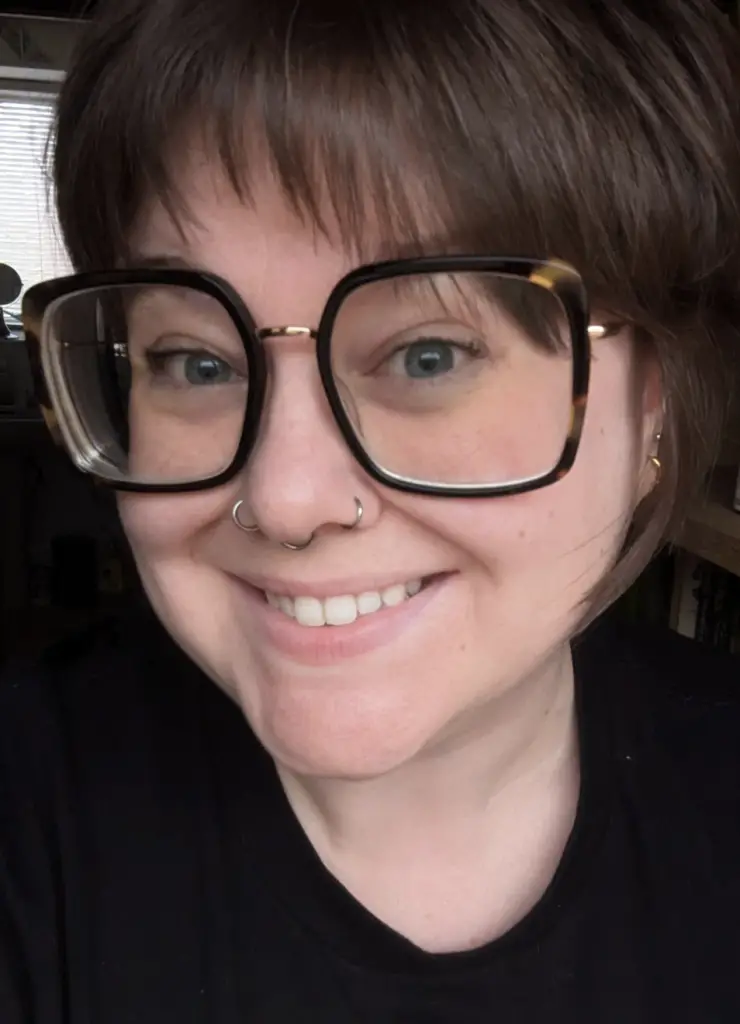
Credit: @literateelf/X
Woman Comes Out As Abros**ual After It Took Her 30 Years To Realize S**uality
A woman is receiving support after coming out as abros**ual and sharing her story.
Coming to terms with one’s identity can be a complex journey, especially when society struggles to acknowledge or understand it.
For one woman, it took three decades of self-reflection and discovery to identify as abros**ual.

In a piece for the Metro, journalist Emma Flint said: “When I tell people I’m abros**ual, I’m often met with confusion.
“Questions like, ‘Is this even a real label?’ or ‘Why can’t you just pick one?’ are unfortunately common.”
Flint’s journey began in the 1990s when awareness about LGBTQ+ identities was far less expansive than today.
Back then, s**ual orientations were often boxed into rigid categories like straight, gay, or lesbian. Anything outside of those labels was dismissed as either confusion or rebellion.
“I grew up feeling lost,” Flint said. “It wasn’t that I didn’t know myself; it was that my identity kept shifting in ways I didn’t know how to explain.”
The turning point for Flint came in 2020 when she stumbled upon an Instagram post by Zoe Stoller, a social media educator dedicated to raising awareness about lesser-known LGBTQ+ identities.
“It was like a light bulb went off,” the journalist recalled. “Finally, there was a term – abros**ual – that perfectly described what I had been experiencing all along.”

For Flint, abros**uality provided the clarity and validation she had long sought. It explained why her attraction sometimes aligned with being a lesbian, only to shift toward bis**uality weeks later.
According to the S**uality Wiki, abros**uality is ‘a s**ual orientation on the multis**ual spectrum in which one’s s**uality is changing or fluid.’
“It wasn’t indecisiveness or confusion,” Flint emphasized. “It was simply how my identity naturally evolves.”
Coming out as abro**ual, or s**ually fluid, however, hasn’t been without challenges.
The response was dismissive when Flint confided in a close friend about her newfound identity.
Despite such setbacks, the journalist has found support in other areas of her life. Friends and family members who were initially unfamiliar with abros**uality have made an effort to educate themselves.

One persistent misconception is that being abros**ual complicates romantic relationships.
Flint refutes this notion, explaining that her s**ual fluidity doesn’t affect her ability to love and commit.
“I’m attracted to the person, not their gender,” she explained. “My identity might fluctuate, but it doesn’t change my feelings for my partner.”
Unfortunately, not everyone approaches the topic with the same openness.
Yet Flint hopes a greater awareness will normalize abros**uality as just another facet of human diversity.
“It’s not about being trendy or different,” she said. “It’s about understanding that identities like mine are valid, even if they’re unfamiliar to you.”
After 30 years of searching, Flint is no longer constrained by others’ expectations or misunderstandings.
“I’m excited to embrace this fluidity and see where it takes me,” she concluded. “What matters most is that it makes sense to me – and that’s enough.”
You can read Emma Flint’s full article here.
Related Article: TikTok Star Comes Out As Trigender And Clarifies What It Means
Related Article: Conjoined Twins With Totally Different S**ualities Answer The Questions Everyone’s Always Wanted To Ask
Want more stuff like this?
Get the best viral stories straight into your inbox!